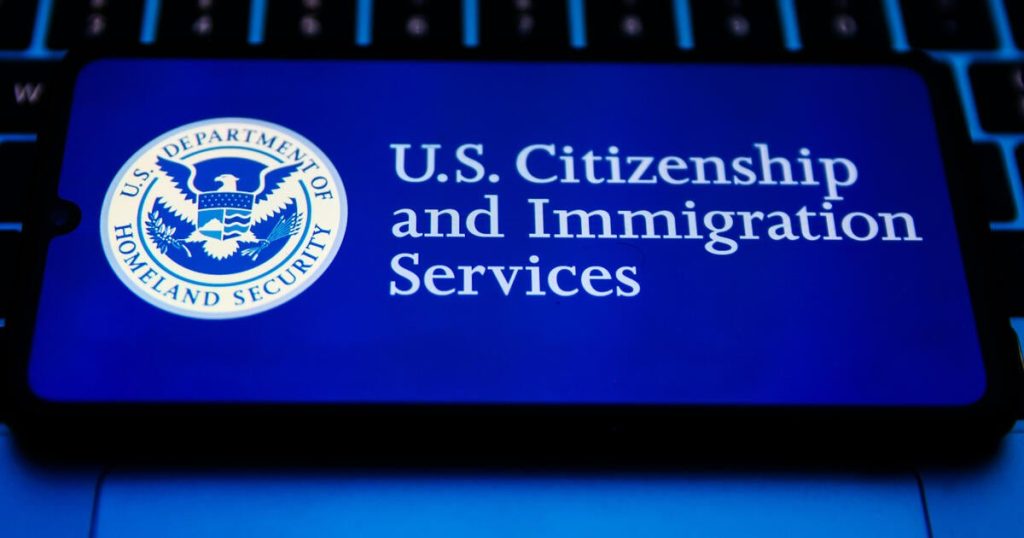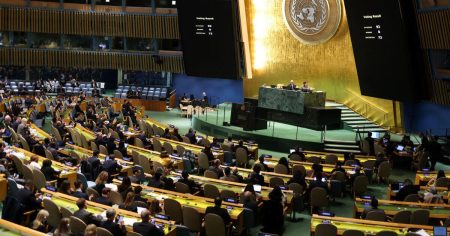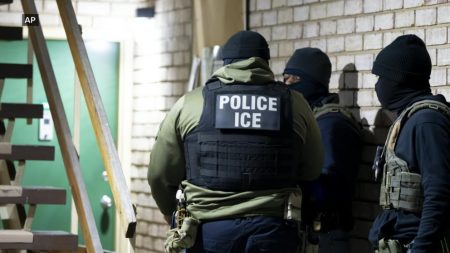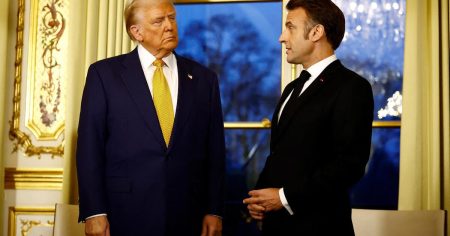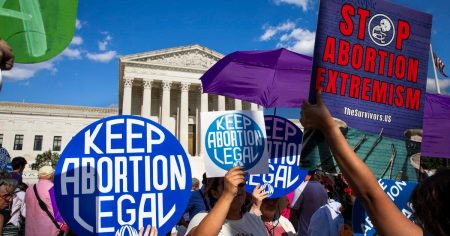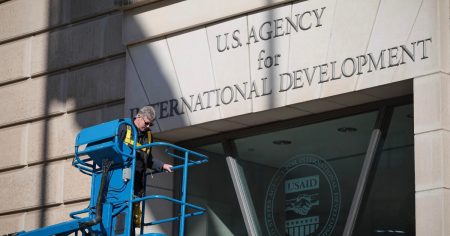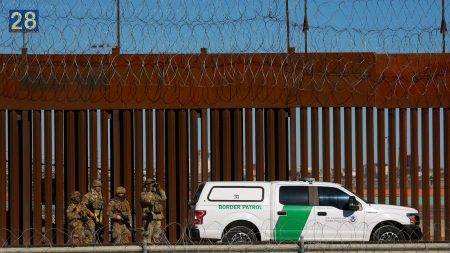Trump Administration Halts Immigration Applications from Latin America and Ukraine: Understanding the Impact
Introduction to the Policy Pause
The Trump administration has implemented a significant pause on immigration applications from migrants hailing from Latin America and Ukraine who entered the U.S. under specific Biden-era programs. This move, reported by CBS News, cites concerns over fraud and national security as primary motivations. The pause is indefinite, allowing government officials to investigate potential fraud cases and strengthen vetting processes to address security and public safety risks. Two U.S. officials and an internal memo from U.S. Citizenship and Immigration Services (USCIS) confirm this action, which has left many migrants in a state of uncertainty. Affected individuals, who were in the process of applying for legal immigration benefits, now face an unclear future regarding their ability to remain in the U.S.
Background on the Biden-Era Parole Programs
The Biden administration introduced several parole programs aimed at allowing migrants to enter the U.S. legally under humanitarian or public benefit grounds. These initiatives included programs like Uniting for Ukraine, which provided refuge to Ukrainians fleeing the Russian invasion, and the CHNV program, designed for Cubans, Haitians, Nicaraguans, and Venezuelans. Collectively, these programs permitted hundreds of thousands of migrants to enter the U.S. temporarily, with the hope of transitioning to more permanent legal status. However, the Trump administration contends that these programs were exploited and has moved to suspend them, arguing that the Biden administration misused parole authority.
The Human Impact of the Application Freeze
The indefinite pause on immigration applications has severe implications for migrants who entered the U.S. under the Biden-era programs. Many of these individuals, including 240,000 Ukrainians and 530,000 Cubans, Haitians, Nicaraguans, and Venezuelans, were granted temporary work permits and deportation protections typically lasting two years. These migrant families and individuals applied for other immigration benefits, such as Temporary Protected Status (TPS), asylum, and green cards, to secure a more permanent future in the U.S. However, the administrative pause effectively halts their ability to transition to these statuses.
Fraud and Security Concerns: The Trump Administration’s Rationale
The Trump administration justifies the pause by pointing to alleged fraud and security risks within the parole programs. An internal USCIS memo, authored by Andrew Davidson, highlights concerns that the agency’s systems are failing to flag fraudulent applications properly. Davidson’s memo cites investigations that uncovered thousands of CHNV applications with "serial sponsors," deceased individuals listed as sponsors, or identical addresses. Some of these cases were confirmed as fraudulent. Additionally, the memo suggests that some migrants were not fully vetted before being allowed into the U.S.
Expansion of Enforcement Measures Against parole Program Participants
The Trump administration’s efforts to curb immigration under these programs extend beyond the application freeze. In recent months, federal immigration agents were authorized to pursue the deportation of migrants who entered the U.S. under the CHNV and other Biden-era parole programs. In some cases, expedited deportation proceedings were permitted. Furthermore, the administration has drafted plans to revoke the parole status of many program participants. These actions collectively threaten the legal status and safety of hundreds of thousands of migrants.
Reactions and Implications for Migrant Families
Immigration attorneys and advocates have expressed alarm about the implications of the administrative pause. Lynden Melmed, a former top lawyer at USCIS, warns that the pause leaves migrants vulnerable to deportation if their parole status is revoked. This uncertainty has created immense stress and anxiety for families who were relying on these programs to build a stable life in the U.S. Migrants from countries in crisis, such as Ukraine, Haiti, and Venezuela, are particularly affected, as their ability to remain in the U.S. is now in jeopardy.
The Trump administration’s pause on immigration applications under Biden-era parole programs marks a significant shift in U.S. immigration policy, with far-reaching consequences for migrant families and the future of legal immigration.





